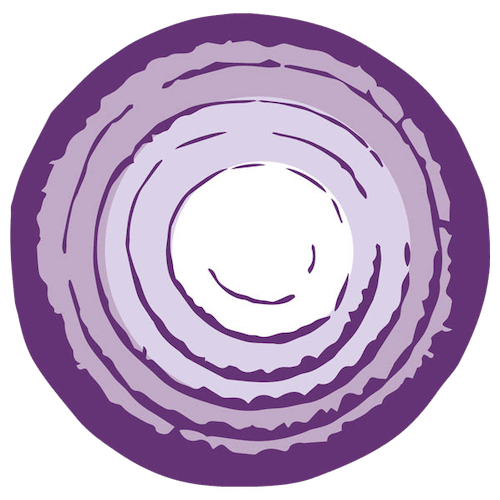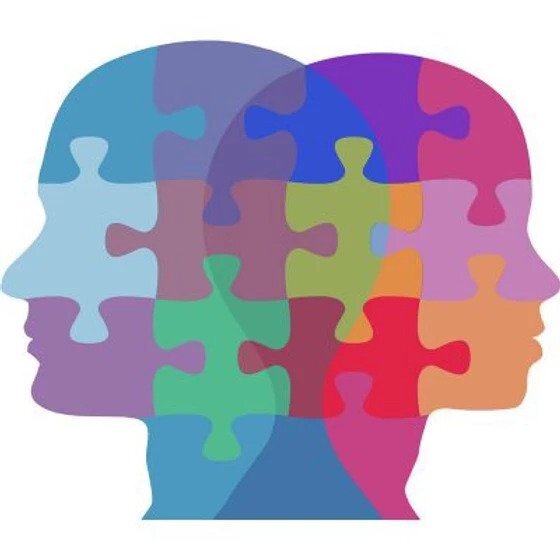How Are Your Schemas Doing Today?
The word, “schema” (plural form is schemata or schemas) describes a configuration of behavior or thought that creates structured information or units of knowledge. This clinical definition may sound far removed from the average person; but is it?
Stop for a moment and consider how you think? Yes, let’s take a look at how we structure our thoughts. For example, take a topic like cooking. Jot down your automatic thoughts that pertain to the act of cooking.
When I thought of cooking, the schema that I built looked like this:
My Mom never taught me to cook.
Only my sister was allowed to cook; I guess her food was deemed the best.
Did my Mom love my sister more than me?
I’ll just eat salads, become a vegan, and not worry about ever cooking soul food EVER…
Were your thoughts as interesting as mine? Those were real thoughts that could take me on tangents that I should not travel on because of the damage that could follow. The schema that I created began with a simple topic or idea, that then transitioned to an ideology that may or may not be factual. So now the question becomes, how do we protect our schemas and automatic thoughts?
Schemas are inevitable and not all are problematic, but the responsibility of their impact falls on us. For example, let’s re-examine the topic of Cooking:
Schema:
Thought 1: Mom never taught me to cook
Fact 1: Mom wanted my sister to cook so that she could improve her skill sets.
Thought 2: Only my sister was allowed to cook; I guess her food was deemed the best.
Fact 2: Out of all of my siblings, my sister was the only one that wanted to cook. And face it…her food was GOOD!
Thought 3: Did my Mom love my sister more than me?
Fact 3: There is no factual evidence of Mom treating any one of us better than the other…STOP IT!!
Thought 4: I’ll just eat salads, become a vegan, and not worry about ever cooking soul food EVER…
Fact 4: Good luck with that!
The important takeaway when encountering our inevitable schemas is that we have to measure, compare, and/or counter them according to facts. Doing so lessens the impact and damage of negative automatic thoughts, which could transition into unhealthy behavior.
So, how are your schemas doing today?


